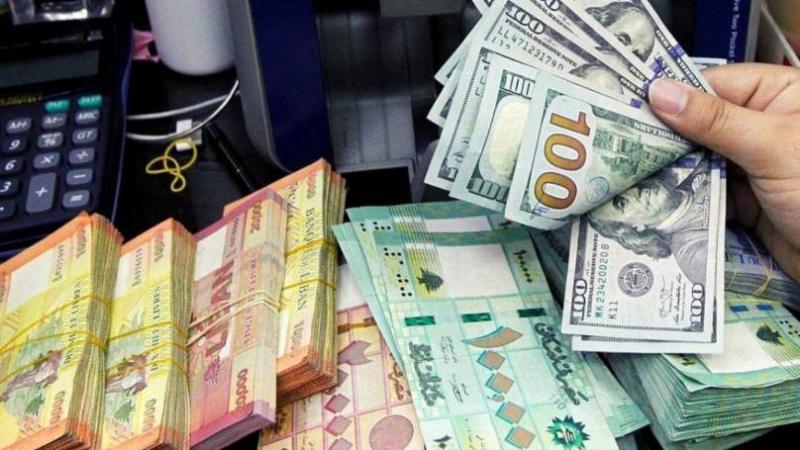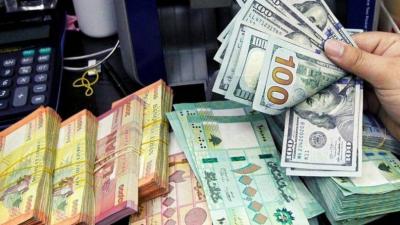On November 1, 2022, a new phase begins not only at the level of the presidential vacuum but also in the financial and economic realms, with the official exchange rate set by Finance Minister Youssef Khalil at 15,000 Lebanese pounds coming into effect. Despite the Finance Ministry confirming last Monday that starting from the beginning of next month, the 15,000 L.L. rate will be adopted as a first step towards gradually unifying the exchange rate, information received by "Akhbar Al-Yawm" agency indicates that certain political parties, primarily the Shiite duo, are opposed to the timing of the implementation due to the anticipated social repercussions.
In a related context, "Akhbar Al-Yawm" learned that Prime Minister Najib Mikati has requested Central Bank Governor Riad Salameh to postpone the amendment of Circular 161, which pertains to setting the bank dollar rate at 8,000 L.L., as part of the unification of the exchange rate.
What is expected starting from the beginning of the month? Economic expert Professor Jassim Ajaka, speaking to "Akhbar Al-Yawm," predicts further increases in the exchange rate in the parallel market. Ajaka explains that if the official dollar price (15,000 L.L.) is implemented, this will not only affect the customs dollar but also the value-added tax (VAT), meaning that 25 to 26% will be calculated based on the 15,000 L.L. dollar value for any commodity, which he believes will disturb some political forces out of fear of public backlash.
In response to a question, Ajaka considers the statement from the Central Bank last Sunday, which mentioned that it will exclusively sell U.S. dollars through the SAYRAFA platform starting Tuesday while noting it will not be buying dollars through the SAYRAFA platform from that moment until further notice, as an effort to reduce the price, if not as a preemptive operation to absorb the repercussions of raising the official dollar rate (both customs and VAT).
Regarding the dollar price not decreasing as much as expected, Ajaka simply states: "There is no interest for traders in lowering the dollar, and there are hands controlling the black market."




